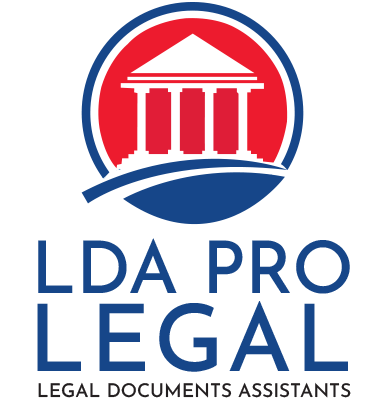
Receiving or sending an eviction notice to tenant can be a stressful experience, whether you're a landlord trying to manage your property or a tenant unsure of your rights. In California, eviction laws are specific and must be followed closely to avoid legal complications. This blog will walk you through the essentials of eviction notices, legal requirements, and how professional services can help streamline the process.
What is an Eviction Notice to Tenant?
An eviction notice to a tenant is a formal document served by a landlord to inform a tenant that they must vacate the rental property. This notice outlines the reason for eviction, such as non-payment of rent, lease violations, or the end of a lease term. In California, the type of notice and the number of days given to comply depend on the reason for eviction.
There are several common types of eviction notices California landlords can issue:
-
3-Day Notice to Pay Rent or Quit
-
30-Day or 60-Day Notice to Terminate Tenancy
-
3-Day Notice to Cure or Quit (for lease violations)
Legal Requirements in California
California has strict regulations surrounding tenant evictions. The landlord must follow specific procedures, and any mistake can delay the process or invalidate the eviction altogether. For example, notices must be served properly—either personally, by mail, or by posting on the tenant’s door followed by mailing. Failure to comply with these steps can lead to the case being dismissed in court.
Tenants also have rights under California law. They can contest the eviction if they believe it's retaliatory, discriminatory, or lacks legal grounds. Knowing both parties' rights and responsibilities is key to a smooth process.
When Should You Use a Professional Eviction Service?
For landlords unfamiliar with the eviction process, hiring a professional can save time, money, and legal trouble. Searching for Eviction Service Near Me will likely bring up several local options that specialize in navigating landlord-tenant disputes. These services can assist with:
-
Drafting and serving legally compliant notices
-
Filing necessary court documents
-
Representing landlords in court, if needed
Using a qualified eviction service ensures that all legal requirements are met and can expedite the process, especially in complicated cases.
Tips for Tenants Receiving a Notice of Eviction
If you're a tenant who has received a notice of eviction for tenants, here’s what you should do:
-
Read the Notice Carefully: Understand the type of notice and how many days you have to respond.
-
Know Your Rights: You might have grounds to dispute the eviction. Consult with a tenant’s rights organization or legal professional.
-
Communicate with Your Landlord: In some cases, resolving the issue (such as paying back rent) can halt the eviction.
-
Document Everything: Keep records of all communication and paperwork related to the eviction.
Final Thoughts
Whether you're a landlord or a tenant, understanding what an eviction notice to tenant entails is crucial. In California, the rules are strict and must be followed precisely. If you’re unsure where to start, using a trusted eviction service near me can simplify the process. Always stay informed about your rights, responsibilities, and options.
If you need help drafting or serving eviction notices California law requires, consider working with legal professionals who understand the local laws and can ensure everything is handled properly.


